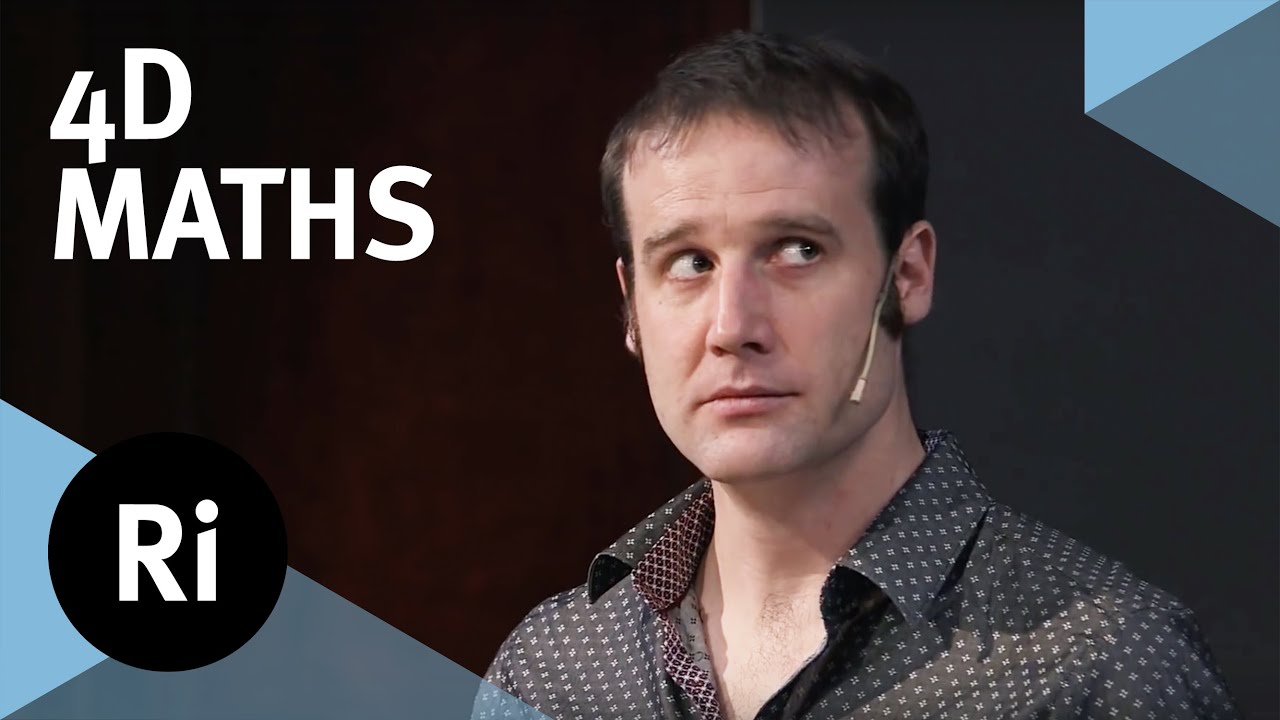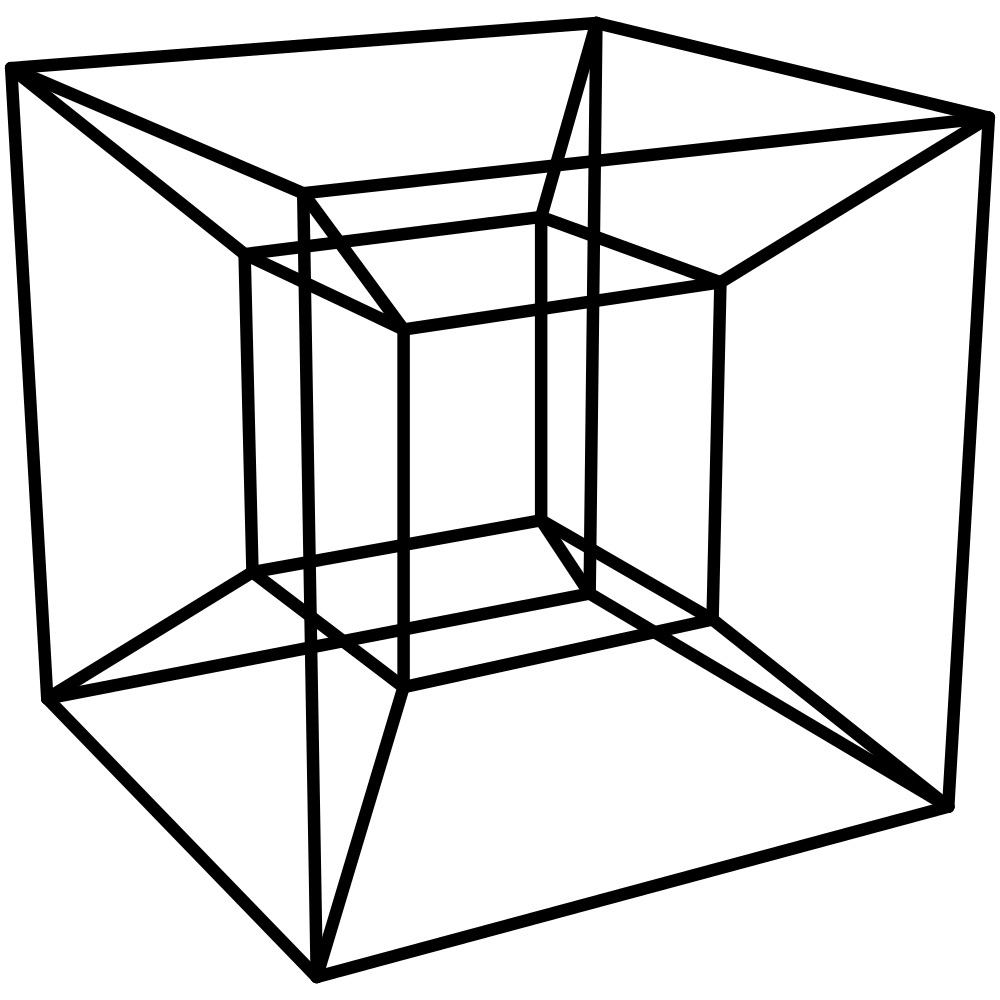
Understanding everything is not the goal of reading a popular math or popular science book-getting a glimpse behind the curtain, understanding why it’s important, piquing your interest to learn more these are the goals. You’re not going to understand all of it, and that’s OK. This idea pervades Things to Make and Do in the Fourth Dimension, which is organized in such a way to progress from basic ideas about numbers to very abstract ideas about functions, dimensions, and infinity. But a lot of mathematical discoveries have literally come about because of mathematicians just playing with numbers and shapes and ideas. Yes, they do this is a systematic way, and they have to do it rigorously before other mathematicians will agree with them. And mathematicians do this by investigating, by looking at what we already know and finding the gaps. Someone had to devise and name different dimensions of shapes. Someone had to find the Fibonacci sequence, and they didn’t do it by looking at nature.


See, we mathematicians know what people with a warped idea of math do not: mathematics is a creative discipline.

As it is, my head stuck up here in the calculus clouds, I can only evangelize recreational math from afar. If I were better with young children I might consider becoming a primary school teacher to rectify this. It’s really unfortunate we break people and squash their love of math so early like this. If you’re sceptical, I don’t blame you-see my point above about school systems. That’s right, people: doing math for fun! Specifically, he champions recreational mathematics. Matt Parker rightly embraces a much more flexible idea about how we can learn math. We only have this perception as an unfortunate side-effect of our industrialized education system, which has traditionally insisted that we should learn math through rote memorization of rules. Now, that’s not because math is somehow more difficult for the average person to comprehend than any other highly-specialized field. Because, you know, anyone with a math degree can write about math. Here’s my secret when reviewing math books: don’t focus on the math.

Not, however, as envious as I was for her singular stand-up experience-I don’t like stand-up, but I’d probably watch math stand-up. When I informed her I had purchased a signed copy of Things to Make and Do in the Fourth Dimension on the Internets, she was suitably envious. Then Josie, one of my Canadian friends still teaching in England, was filling me in on how she went to one of Matt Parker’s stand-up events and how awesome it was. I first heard about this on Quirks & Quarks from CBC Radio.


 0 kommentar(er)
0 kommentar(er)
